2024 NS&B Students
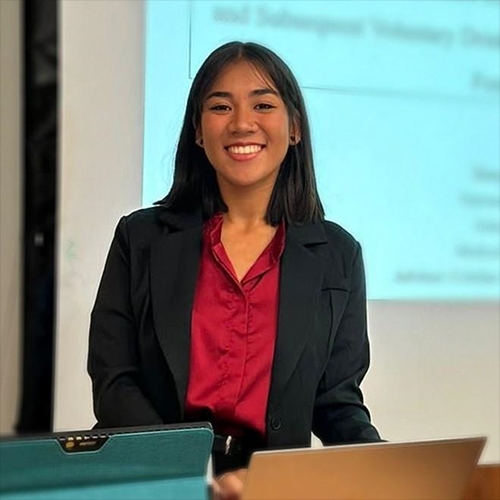
I am a Ph.D. student at the University of Puerto Rico-Medical Sciences Campus and Institute of Neurobiology. I completed a master’s degree in Anatomy under the mentorship of Dr. Cristina Velazquez. My project focused on the behavioral effects of binge-like alcohol exposure on context fear extinction in female mice. The findings of my master’s project motivated me to continue my Ph.D. studies by exploring deeper into the role of female sex hormones and alcohol exposure on fear extinction. For this I use behavioral paradigms, immunohistochemistry, electrophysiology, and bioinformatics. In my free time, I enjoy fencing and skydiving.
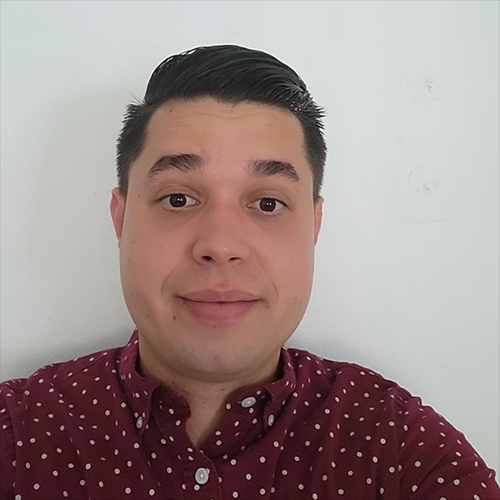
I am currently a postdoc in the lab of Dr. Cristina Velazquez at the University of Puerto Rico Institute of Neurobiology. Here, I study the development of alcohol tolerance at the molecular level and how it impacts behavior. I received my Ph. D. in anatomy and neurobiology from the University of Puerto Rico Medical Sciences Campus where I studied opiate addiction.
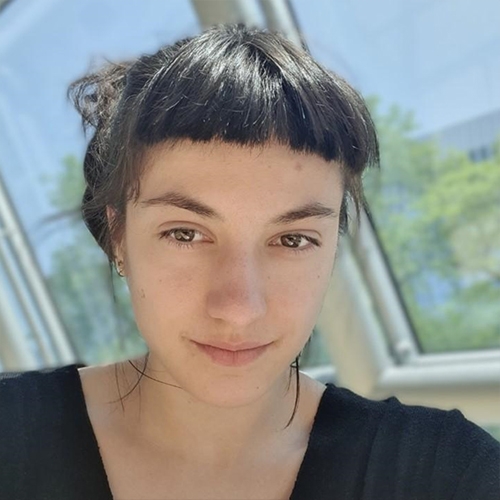
I am a 2nd-year PhD student in Jeffrey Friedman's lab at Rockefeller University in NYC. The lab is interested in the genetic, circuit, and environmental factors that contribute to feeding behavior and obesity. The main goal of my PhD project is to better understand where and how the mouse brain integrates various streams of information - hormone levels, homeostatic state, smell, taste, feedback from the gut, circadian time, and many more - to promote or suppress feeding.
Outside the lab, I enjoy trying new restaurants, going to the movie theater, and taking long walks around the city.

I am fascinated by the interplay between collective behavior and central control of biological and engineered systems for movement and sensing. I use a combination of experimentation, robotics, and mathematical modeling to explore this concept in invertebrates. I look forward to conducting research in neurophysiology, soft robotics, and animal behavior to further our understanding of control in animal locomotion and to develop bio-inspired control algorithms.

I am a postdoctoral researcher at the Laboratory of Neuroscience at Virginia Tech, studying the neural mechanisms underlying vocal production in the auditory cortex of bats. I obtained my Ph.D in Computer Science at the University of Lorraine in France, where I focused on developing algorithms for addressing the source localization problem to better understand the connections involved in cognitive brain functions using electrophysiology.
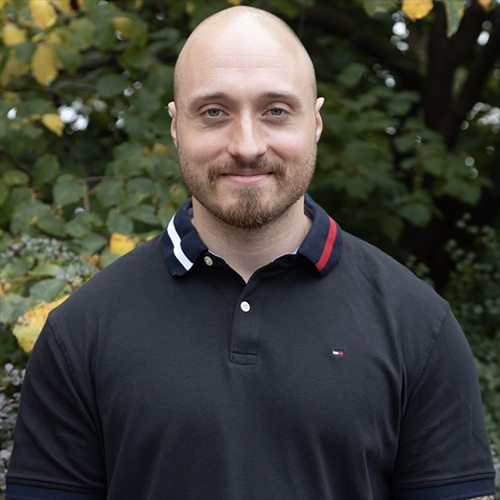
I spent my childhood trekking the swamps of Florida to catch snakes, lizards, and spiders. I am now a PhD candidate in the Jakob lab at the University of Massachusetts, Amherst, broadly interested in how animals selectively gather and process sensory information to meet their ecological needs. To study this, I track the moveable high-resolution eyes of jumping spiders as they inspect naturalistic objects and simultaneously record neural activity from brain regions at different stages of visual processing.
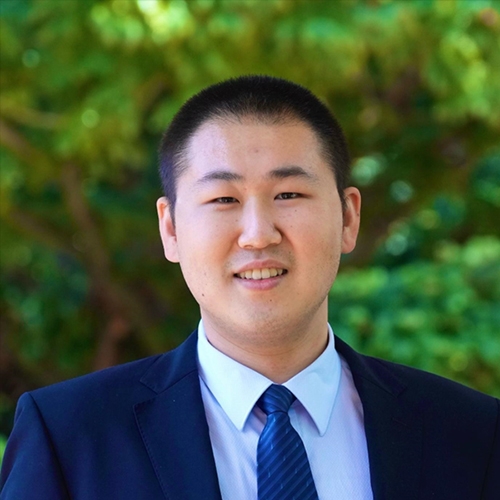
I am a PhD candidate from the Locomotion in Mechanical and Biological Systems (LIMBS) laboratory at Johns Hopkins University under the supervision of Prof. Noah J. Cowan. I am studying sensorimotor adaptation and active sensing of weakly electric fish using control theory and system identification techniques. I am interested in learning neuroscience techniques to study sensory processing in nervous systems and broadening my research interests in other animals.
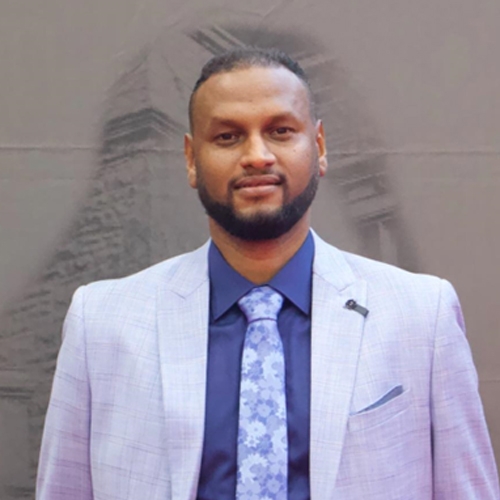
My thirst for knowledge and passion for unraveling the mysteries of the brain led me to embark on a Ph.D. journey under the mentorship of Dr. Melissa Perreault. There, I immersed myself in the fascinating realm of neuroscience, delving into the intricate working memory and cognitive function, brain systems communication. Currently, as a post-doctoral fellow in the esteemed lab of Dr. Jibran Khokhar, I am privileged to further my expertise in neuropharmacology, substance use disorders, pain mechanisms, and the intriguing interplay between cannabis use and schizophrenia. This multifaceted training has not only expanded my scientific repertoire but has also ignited a curiosity to decipher the intricate molecular and neural pathways that underlie complex cognitive dysfunction disorders.
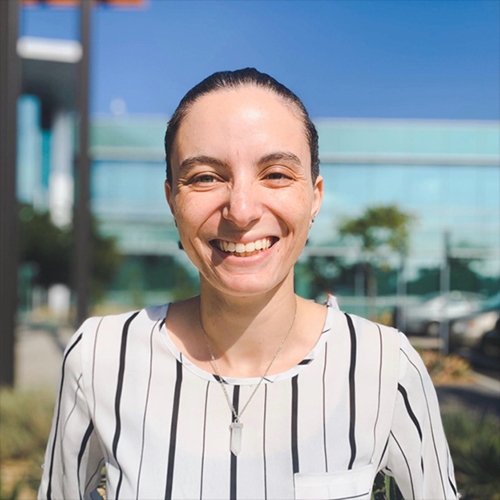
I am a postdoctoral researcher at Delaware State University in the lab of Dr. Hakeem Lawal. Our lab studies the vesicular acetylcholine transporter (VAChT) in Drosophila, and I am interested in the electrophysiological properties of this protein. I completed my PhD at UCLA in 2023 in Molecular Toxicology.

I am currently a 4th year PhD student in Prof. Barry Trimmer’s lab at Tufts University. My primary research focus is the neural circuitry underlying nociception in caterpillars (Manduca sexta). I am specifically interested in understanding how nociceptive signals are processed and modulated in the central nervous system of soft-bodied invertebrates. I am originally from Kerala in India and I received my B.S. and M.S. in Biology from Indian Institute of Science Education and Research (IISER), Pune. My Master's dissertation project was on antennal mechanosensors in hawkmoths, which sparked my interest in the neuroethology of insects.
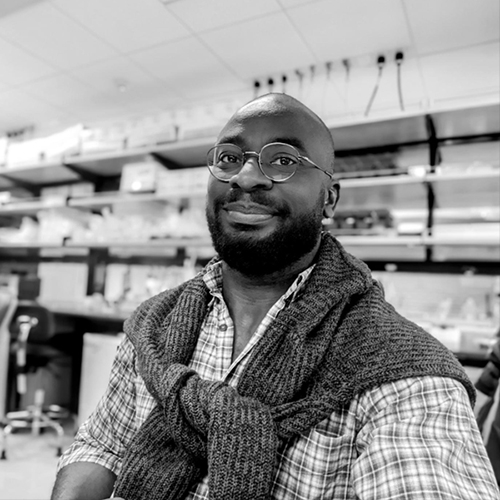
I recently concluded a PhD in Integrative Biology and Biomedicine at the Gulbenkian Institute of Science in the beautiful city of Lisbon, Portugal. My doctoral research focused on elucidating the metabolic adaptations crucial for survival during infection. Currently, as a Postdoctoral Researcher, I am delving into the intricate relationship between olfactory sensation and the behavioural, immunological, and metabolic responses to infection. This cutting-edge research aims to unravel the complex interplay between sensory perception and host defense mechanisms. Outside the laboratory, I am a passionate vocalist, sometimes found captivating audiences with my soulful vocals at various jam sessions across Los Angeles.
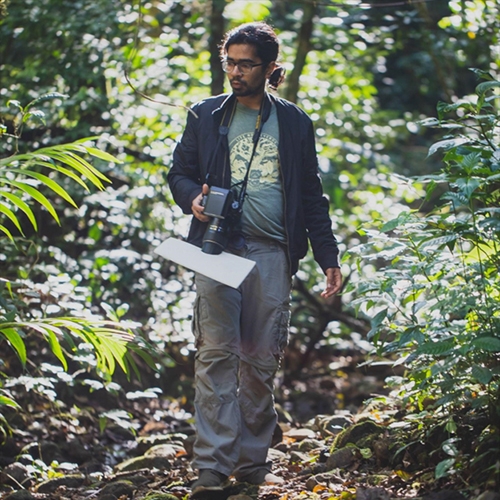
I started off as a field ecologist, looking at moth biodiversity patterns in Western Ghats and North Eastern Himalayas in India, but moved to studying how moth vision evolved. Watching thousands of insects gather at a UV light in a remote rainforest in India left me amazed and curious about both their diversity and why they come to light. To answer these questions, I completed my PhD in Miami and used multiple techniques (genetics, behavior, 3d eye imaging) to examine how different day and night flying moths' vision had evolved. I now study how light can disorient and alter the circadian activity of insects, and testing strategies to mitigate light pollution. I was finally able to answer the question of why insects come to light at short distances and am continuing to understand what happens further away from light. I also help with citizen science and insect biodiversity monitoring in India. Outside of science, I enjoy game nights, photography and reading fantasy novels.
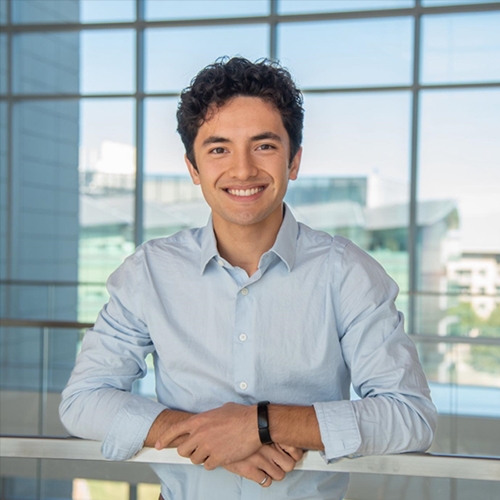
I am entering my fourth year as a PhD candidate studying biomedical engineering at the University of Texas at Dallas. I joined the Texas Biomedical Device Center to study vagus nerve stimulation as an effective method for improving neurorehabilitation outcomes. Specifically, my project investigates the noradrenergic mechanism critical for initiating and blocking VNS-mediated motor cortex plasticity. My thesis work will leverage the findings of that study to potentially drive improved stroke recovery in rats by augmenting VNS with pharmacological approaches. I received my B.S. in biomedical engineering with a neural engineering focus from the Ohio State University. Outside of science, I like running, playing bass guitar, and baking.
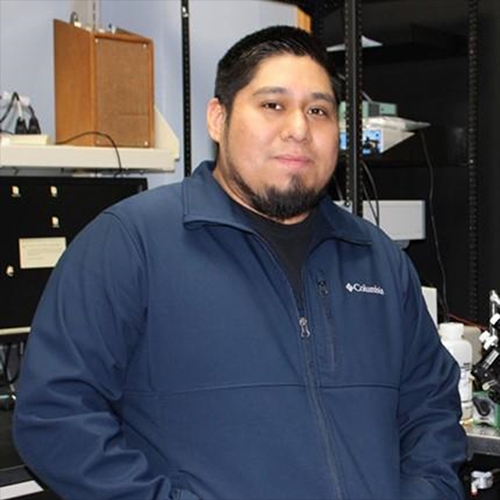
I am a PhD student in the Schulz lab at the University of Missouri. I investigate how the expression of ion channels and biogenic amine receptors in leech ganglia changes following the transection of the nerve cord and how these changes correlate with the recovery of crawling behaviors due to neural circuit reconfiguration.
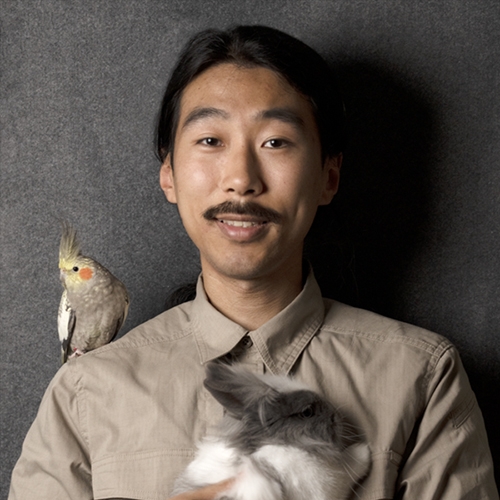
I am a PhD student in Hailan Hu’s lab at Zhejiang University, China. My project focuses on the neural and genetic mechanisms underlying social competition related behaviors in mice.
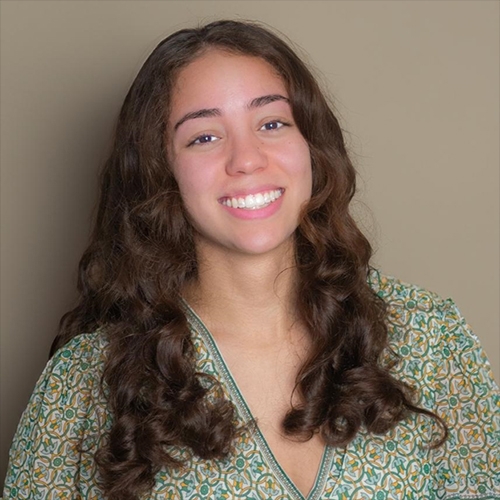
I am originally from Cranston, R.I. I went to Mount Saint Vincent University in the Bronx,NY for my undergrad, getting a B.A. in interdisciplinary studies (English and Biology). Currently I am a Master’s student at Rhode Island College getting my M.A. in Biology, working with Dr. Anabela Maia. The Maia lab is a Biomechanics lab and I am working on characterizing the anatomical structures and the neurophysiological parameters of the sensory receptors in the Bluegill dorsal fin.
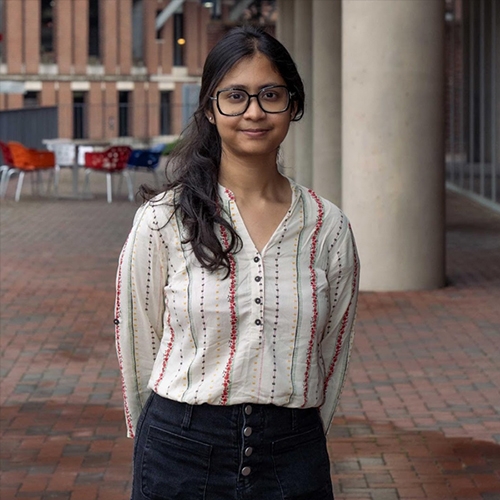
I am a first year PhD student at the University of North Carolina at Chapel Hill. My research is focused on investigating the synaptic plasticity mechanisms during learning and memory in fruit flies.
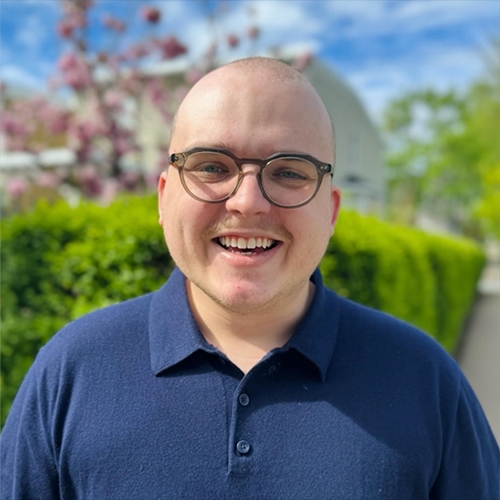
I am a Ph.D. student in the Phillmore Lab in the Department of Psychology and Neuroscience at Dalhousie University. My research focuses on seasonal neural plasticity in songbirds, particularly black-capped chickadees. I’m especially interested in how seasonal neural plasticity is associated with seasonal plasticity in physiology and behaviour. I hold a B.Sc. (Hons) and M.Sc., both in Neuroscience, from Dalhousie University, and outside of Ph.D. work, I also teach a third-year undergraduate course on hormones and behaviour.
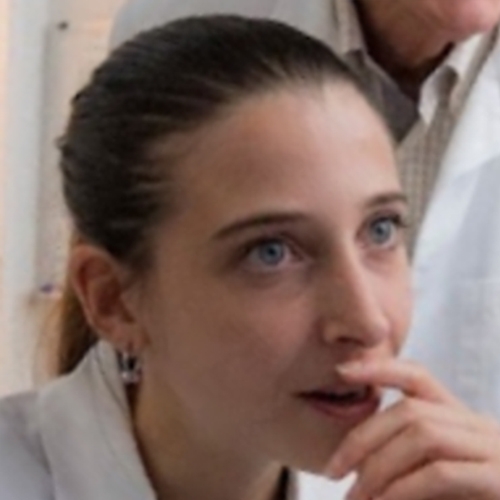
I am a project scientist in the Spitzer Lab at the University of California, San Diego (UCSD). I earned my PhD in Biology at the University of Pisa (Italy) in the Pasqualetti lab and subsequently moved to the Spitzer Lab for my postdoctoral work. My research focuses on environmentally induced changes in neurotransmitter phenotype and their impact on behavior. I am particularly interested in exploring how exposure to addictive substances can cause neurons to change the type of transmitter they express and how these changes contribute to long-term behavioral alterations. I am currently investigating the extent to which exposure to drugs can cause neurons in multiple brain regions to undergo changes in their neurotransmitter phenotype, in order to determine the breadth of this plasticity and its significance for behavior.

I am a first-year PhD student at Harvard University interested in neurotransmission, sensory physiology, and the diversity of sensory behaviors in nature. As a student amidst lab rotations, I have been studying ion channels underlying chemotactile sensation in octopus (Nicholas Bellono Lab). In addition, I am exploring how phototransduction occurs in mouse retinal ganglion cells and drives circadian behaviors (Michael Do Lab).